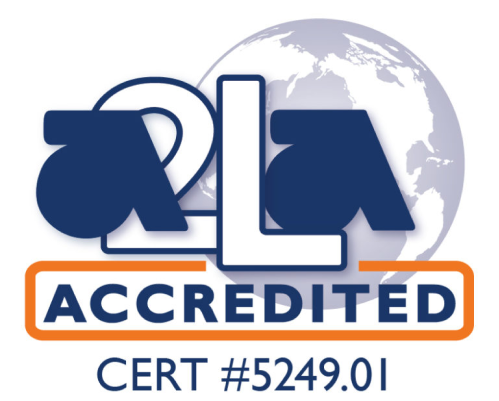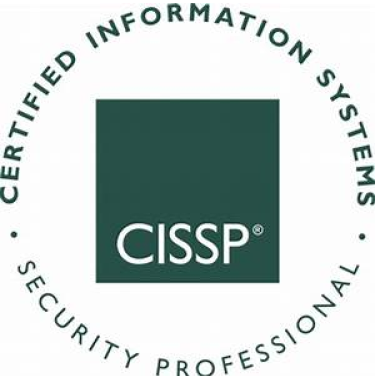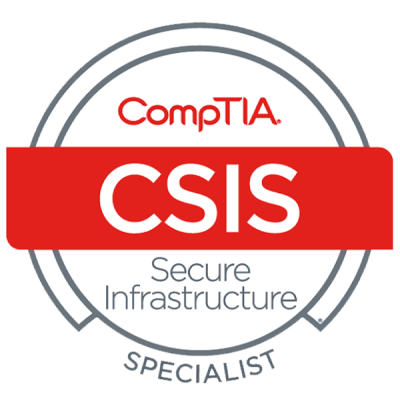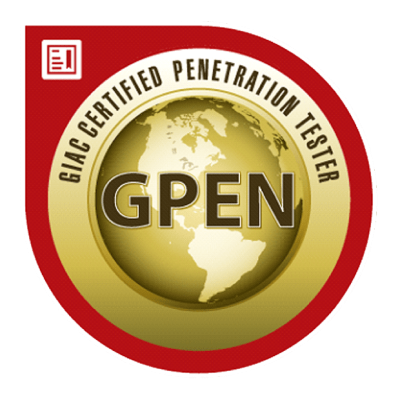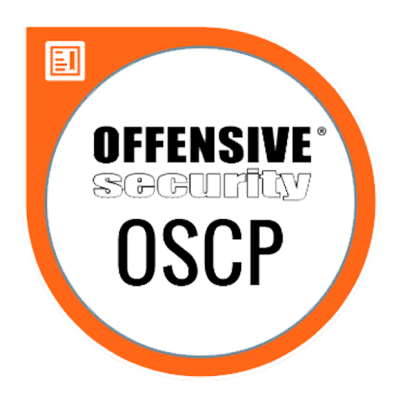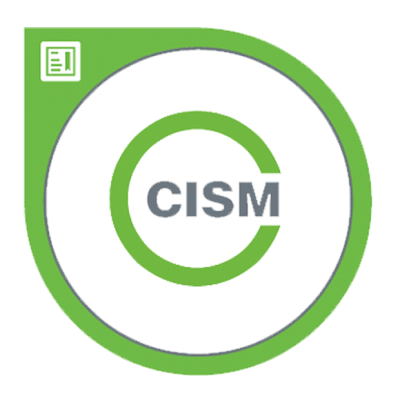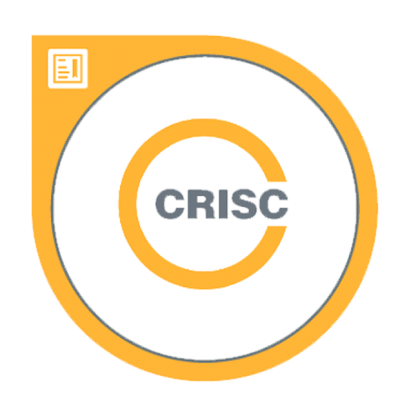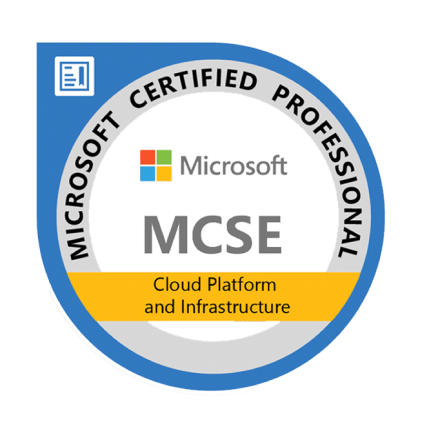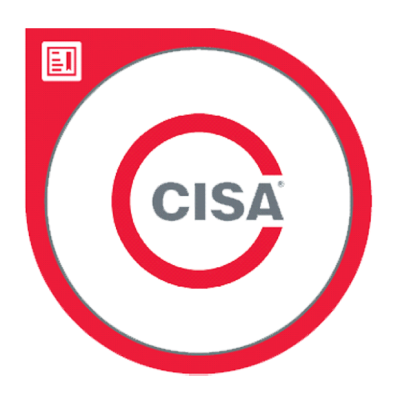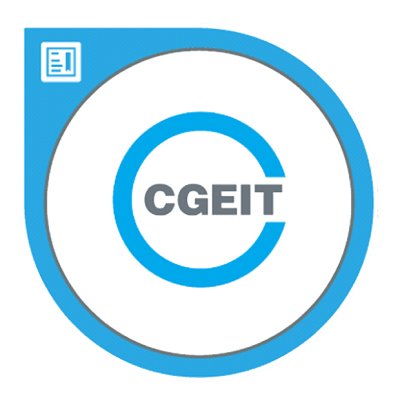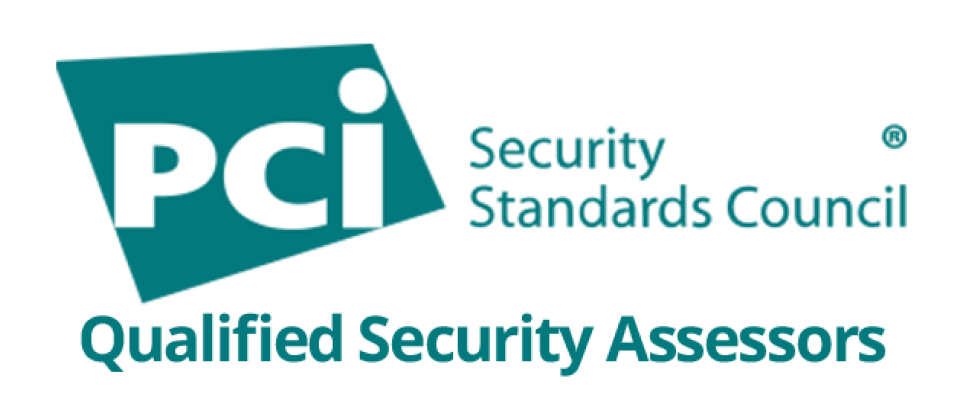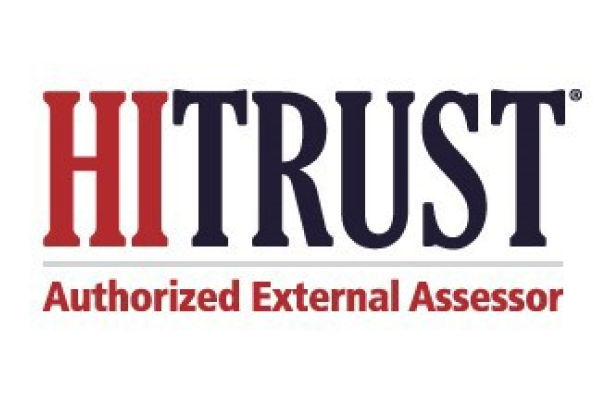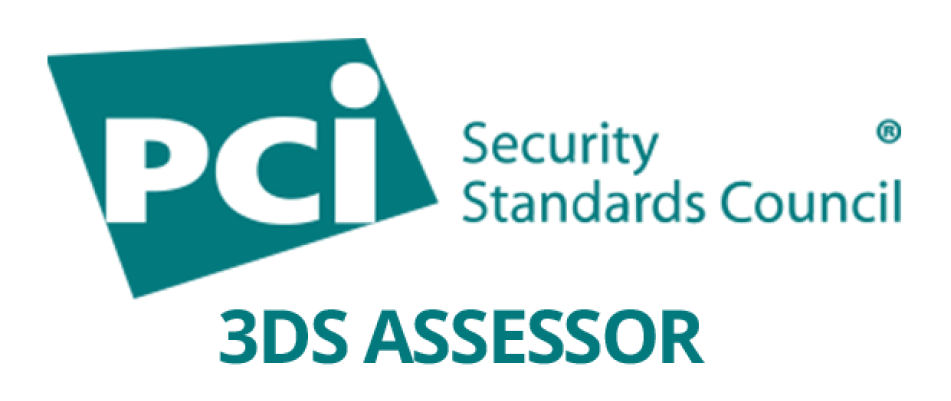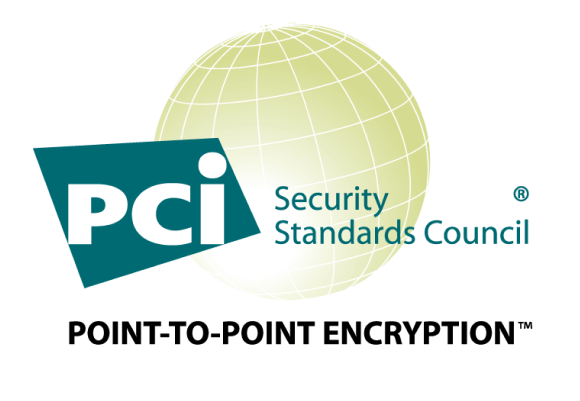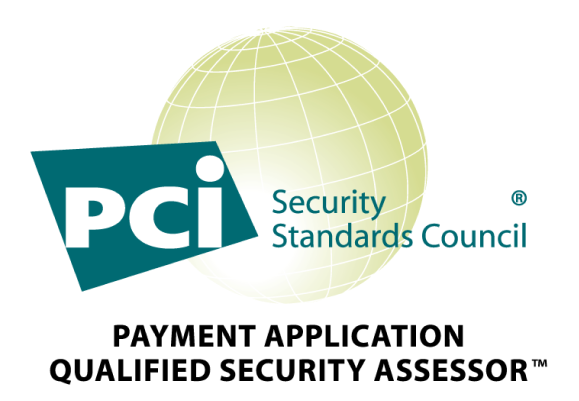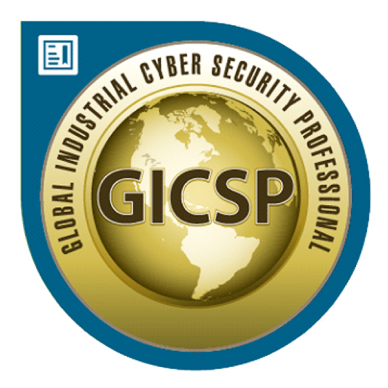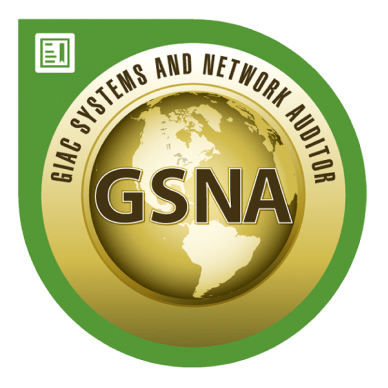Cryptocurrency Security Standard Compliance
The cryptocurrency security standard is the techniques and methodologies used by systems around the globe, end-users will be able to easily make educated decisions about which products and services to use and with which companies they wish to align with.
Cryptocurrency Security Standard
Cryptocurrency Security Standard (CCSS) is a set of requirements for all information systems that make use of cryptocurrencies, including exchanges, web applications, and cryptocurrency storage solutions. CCSS is a standard that augments standard information security practices. As with any standard, knowledgeable and experienced security professionals and/or auditors are necessary when implementing any information system to ensure coverage of all classes of attack as well as the appropriate handling of all potential risks.
OUR APPROACH
MegaplanIT can guide your organization through the steps of your CryptoCurrency Security Standard assessment. CCSS is designed to complement existing information security standards (i.e. ISO 27001:2013) by introducing guidance for security best practices with respect to cryptocurrencies such as Bitcoin, Ethereum, Light Coin, etc. CCSS is not designed to substitute or replace these standards; in fact, following the CCSS to the letter while ignoring standards like ISO 27001:2013 will likely lead to compromise.
Crypto Currency Security Standard Coverage
CCSS covers a list of 10 security aspects of an information system that stores, transacts with, or accepts cryptocurrencies. The minimum value of all 10 aspects determines an information system’s overall score within three (3) levels of increasing security: Level I is the lowest and offers strong security measures, while Level III is the highest and offers the most comprehensive security.
These 10 aspects are organized into 2 domains that help structure the guidelines. A summary of the standard can be seen in the below example which depicts sample results after auditing Acme Exchange, a “Level I” system. You’ll note that even though there are some aspects with scores in the Level II and Level III range, Acme Exchange is classified a Level I system overall since that is the lowest consistent grade across all aspects:
SECURITY STANDARD LEVELS
Level 1
An information system that has achieved Level I security has proven by way of audit that they protect their information assets with strong levels of security. Most risks to the system’s information assets have been addressed by controls that meet industry guidelines. While this is the lowest level within CCSS, it still represents strong security.
Level 2
An information system that has achieved Level II security has proven by way of audit that they exceed strong levels of security with additional enhanced controls. In addition to covering most risks to the information system’s assets, the use of decentralized security technologies such as multiple signatures have been employed which exceed industry guidelines and provide redundancy if any one key or person becomes unavailable or compromised.
Level 3
An information system that has achieved Level III security has proven by way of audit that they exceed enhanced levels of security with formalized policies and procedures that are enforced at every step within their business processes. Multiple actors are required for all critical actions, advanced authentication mechanisms ensure authenticity of all data, and assets are distributed geographically and organizationally in such a way to be resilient against compromise of any person or organization.
Understanding CCSS Applicability for Your Organization
The CCSS applies to any information system that makes use of cryptocurrencies or any Information System that handles cryptocurrencies as part of its business logic. This includes (but is not limited to):
Cryptocurrency Exchanges
i.e. Information Systems that allow its users to exchange cryptocurrencies for other forms of money
Cryptocurrency Marketplaces
i.e. Information Systems that allow its users to exchange cryptocurrencies for other goods and services
Cryptocurrency Games
Information Systems that allow users to gamble their cryptocurrencies for a chance at winning more
Cryptocurrency Processors
i.e. Information Systems that automate the acceptance of cryptocurrencies for payment
Cryptocurrency Storage
i.e. Information Systems that facilitate the receipt and transmission of cryptocurrencies amongst other actors
KEY BENEFITS
CCSS Compliance: Advantages for Your Business
MegaplanIT’s CCSS services help your organization secure cryptocurrency systems, ensure compliance with industry standards, and reduce risks associated with digital asset management.
Work with professionals who have deep expertise in cryptocurrency security and recognized certifications to ensure a thorough, reliable assessment.
Detect misconfigurations, gaps, or deviations from CCSS requirements that could expose your digital assets to risk.
Ensure sensitive transaction data, keys, and communications remain protected from interception, tampering, or unauthorized access.
Receive actionable recommendations from seasoned security experts to strengthen your cryptocurrency systems and maintain industry best practices.

Make Our Team, Your Team!
Our innovative IT security and compliance solutions are designed to deliver customized, cost-effective service on time—because your priorities are our priorities. With a highly qualified team of PCI DSS QSAs, Penetration Testers, and Information Security Consultants here at MegaplanIT, we will assess your unique company and business environment and design a path to security that will fit all of your needs.





